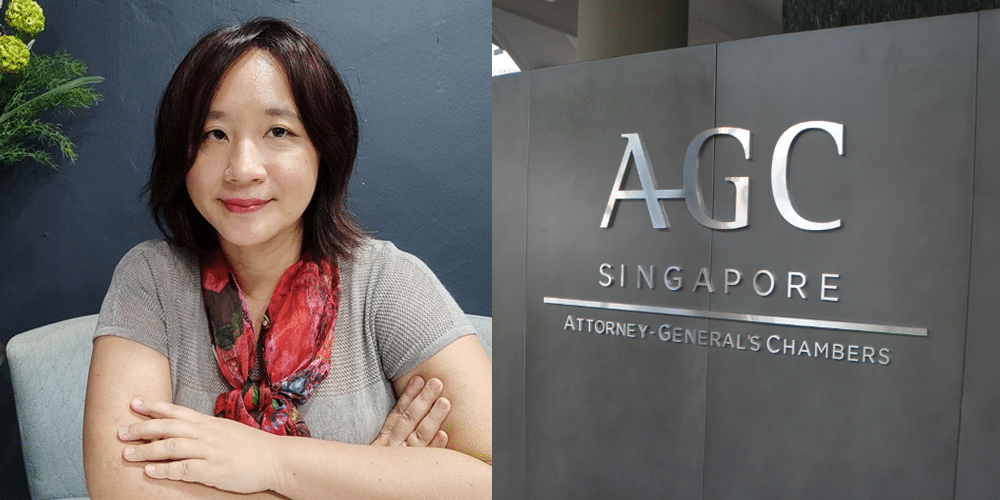The Court of Appeal had dismissed two appeals by luxury brands Burberry and Louis Vuitton, against the decision of Justice George Wei in the High Court, holding Singapore freight forwarder Megastar Shipping Pte Ltd not liable for trade mark infringement in respect of two sealed containers containing counterfeit goods bearing the formers’ brand’s signs.
In March 2013, the two containers were shipped by Chinese companies from China to Singapore, with intended shipment to Batam, Indonesia. Megastar was approached by an Indonesian freight forwarder to arrange for the containers’ transshipment to Batam, and received packing lists and commercial invoices describing the contents of both containers.
When the containers arrived in Singapore, they were inspected by Singapore Customs and found to include more than 15,000 items of counterfeit goods bearing the brand’s signs. All the counterfeits were seized while the unseized items were subsequently shipped to Batam. The counterfeits were subsequently destroyed.
Soon after, Burberry, Louis Vuitton and three other brands brought separate lawsuits against Megastar, claiming that the latter had infringed their trade marks by importation or exportation of goods pursuant to the Trade Marks Act (Cap 332, 2005 Rev Ed). In November 2017, Justice Wei dismissed their claims as he found that Megastar was not the importer and that there was no exportation due to seizure by Singapore Customs.
Only Burberry and Louis Vuitton – represented by Ravindran Associates LLP – appealed. The parties appeared in September last year before the Court of Appeal – comprising Judges of Appeal Andrew Phang, Judith Prakash and Tay Yong Kwang – which reserved judgment at the end of the hearing. Professor David Llewelyn, from Singapore Management University’s School of Law, was also appointed as amicus curiae (friend of the court) to submit on certain legal issues relating to importation and exportation under the Trade Marks Act.
In a written judgment delivered by Justice Tay on Monday (7 January), the Court of Appeal held, in agreement with Justice Wei and disagreement with Prof Llewelyn, that “import” within the meaning of Trade Marks Act encompasses goods only for the purpose of transit, given that the context and structure of the Act did not require that the goods had to be intended for the Singapore market.
The court also held that, a mere intention to export the infringing goods, or physical acts of importation or exportation of infringing goods alone, were insufficient to constitute trade mark infringement. The importer and/or exporter has to have the intention of importing or exporting the goods under the infringing trademarks, and in particular that it knew to or had reason to believe that the trademarks were used on the goods, before it could be held liable for trade mark infringement.
On the facts of the present case, it was not disputed that Megastar had never visually inspected the contents of the containers, and therefore there was no reason for it to believe that there were signs on the counterfeit goods. The documents provided by the Indonesian freight forwarder did not give rise to any reasonable suspicion either.
In this light, Megastar was described as an “honest commercial [person]” merely providing commercial services in its ordinary course of business, and that to find it liable for trade mark infringement would have been contrary to the policy of the Trade Marks Act, the Court of Appeal said.
Nevertheless, the Court of Appeal also reminded that, given the recent amendments to the law of intellectual property in Singapore, which commenced in October last year, freight forwarders also had a duty to disclose any relevant information to the authorities if they were in possession of counterfeit goods.






